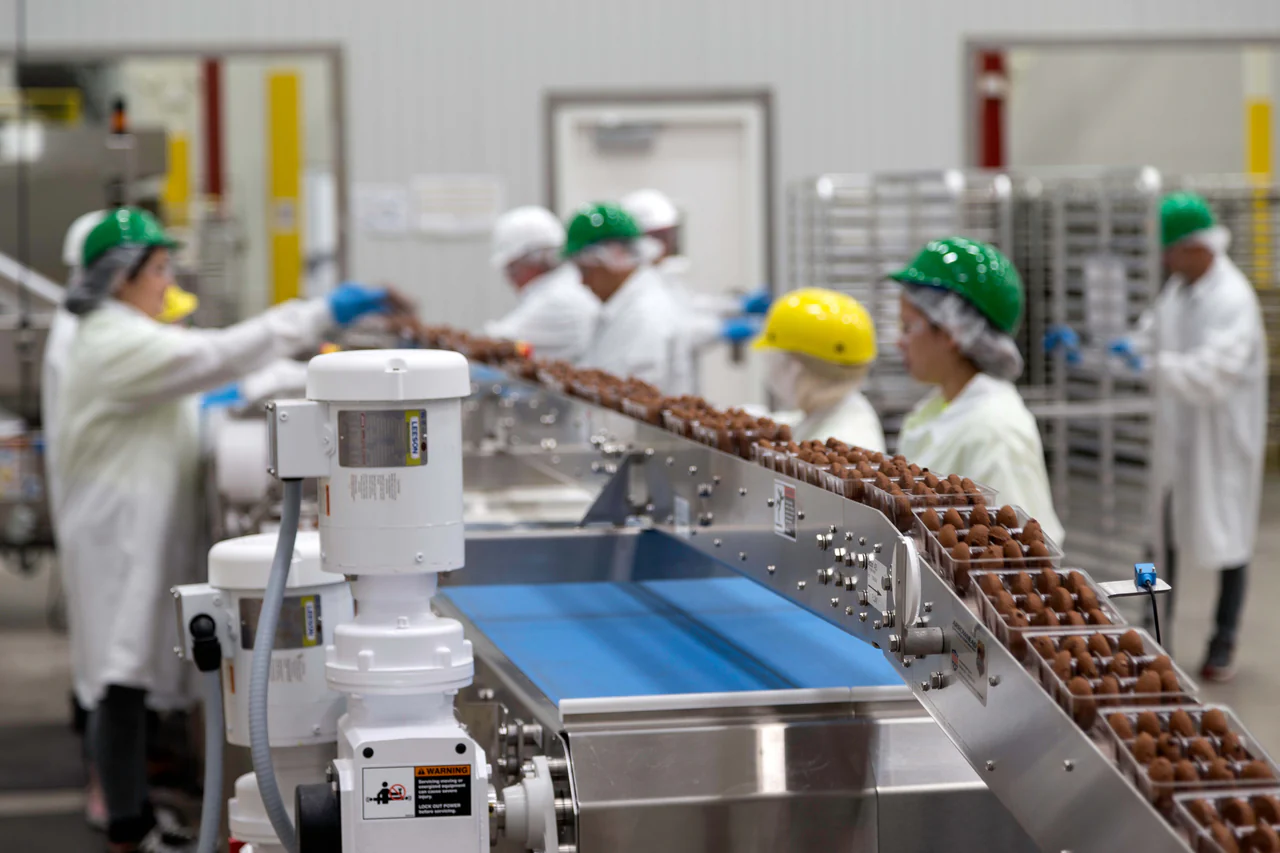Introduction to FDA Food Facility Registration
The FDA Food Facility Registration is a critical component in the regulation and oversight of the food supply chain within the United States. Established under the Bioterrorism Act of 2002, the registration requirement is designed to protect public health by ensuring that the FDA can quickly identify and respond to potential threats in the food supply. All domestic and foreign facilities that manufacture, process, pack, or hold food for human or animal consumption in the United States must register with the FDA. This registration process helps maintain a robust database of food facilities, which the FDA uses to enhance food safety and security.
Registration Process and Requirements
The process of registering a food facility with the FDA is straightforward but essential. Facilities must submit their registration electronically through the FDA’s Unified Registration and Listing System (FURLS). The registration must include detailed information about the facility, including the name and address of the facility, the type of activities conducted, and emergency contact information. Additionally, foreign facilities must designate a U.S. agent responsible for communications between the FDA and the facility. This registration must be renewed every two years, ensuring that the FDA has up-to-date information on all food facilities. Failure to register or renew can result in significant penalties, including the detention of food products.
Impact on Food Safety and Public Health
The FDA Food Facility Registration plays a vital role in safeguarding public health by allowing the FDA to efficiently track and monitor food facilities. In the event of a foodborne illness outbreak or a bioterrorism threat, the FDA can quickly access the registration database to identify the source of contamination and implement measures to prevent further spread. This capability is crucial for rapid response and containment, reducing the risk of widespread illness and ensuring the safety of the food supply. Furthermore, the registration process promotes accountability among food facilities, encouraging them to adhere to stringent safety standards and practices.
Challenges and Compliance Issues
While the FDA Food Facility Registration is instrumental in maintaining food safety, it also presents certain challenges and compliance issues for food facilities. One of the primary challenges is ensuring that all facilities, particularly smaller or foreign ones, are aware of and understand the registration requirements. The complexity of the process can be daunting, especially for facilities that may lack the resources or expertise to navigate the regulatory landscape. Additionally, compliance with the biennial renewal requirement can be difficult for facilities with limited administrative capabilities. The FDA has addressed some of these challenges by providing guidance and support to facilities, but ongoing efforts are needed to ensure comprehensive compliance.
Conclusion
In summary, the FDA Food Facility Registration is a cornerstone of the United States’ efforts to ensure the safety and security of its food supply. By requiring all domestic and foreign food facilities to register, the FDA can maintain a comprehensive database that is crucial for monitoring and responding to potential food safety threats. Despite the challenges associated with compliance, the benefits of the registration process in terms of public health protection are undeniable. Ongoing education and support for food facilities will be essential to maintaining high compliance rates and ensuring that the FDA can continue to safeguard the nation’s food supply effectively.


